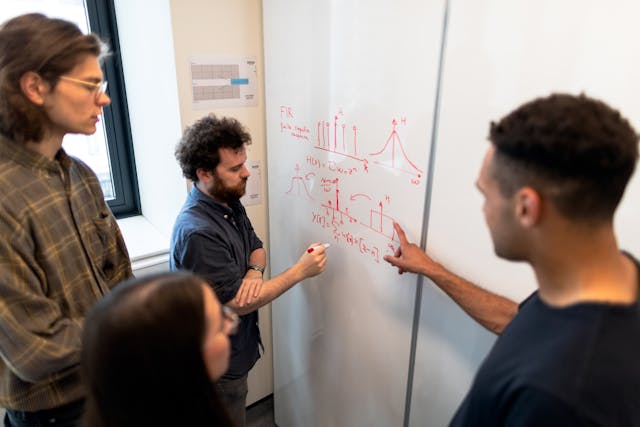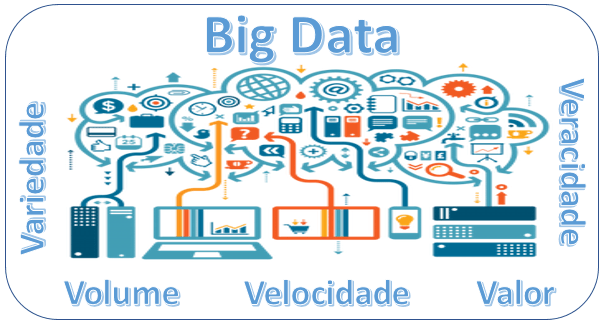Introduction
In our rapidly evolving digital world, data is the fuel that drives innovation and decision-making. Behind this data revolution are data engineers—professionals responsible for designing, building, and maintaining the systems that collect, store, and analyze data. But how does one become a data engineer, and what educational path should they follow? If you’re considering a career in data engineering, understanding the kind of master’s program that’s best suited to your goals is crucial. This post will explore different master’s programs, helping you make an informed choice.
Understanding the Role of a Data Engineer
Skills Required
Data engineering is a dynamic and demanding field that requires a diverse skill set. You’ll need proficiency in programming languages such as Python, Java, or Scala. Knowledge of databases—both SQL and NoSQL—is essential, along with competency in using big data tools like Hadoop and Spark. Additionally, data engineers must understand data pipelines, ETL (Extract, Transform, Load) processes, and cloud services.
Career Opportunities
The demand for skilled data engineers is skyrocketing, with roles in tech companies, finance, healthcare, and more. From startups to multinational corporations, every organization relying on data is keen to hire talented data engineers. Career opportunities are vast, ranging from data architecture and database management to advanced analytics and machine learning engineering.
Types of Master’s Programs for Data Engineering
Traditional Master’s in Data Engineering
A traditional master’s program in data engineering offers a comprehensive curriculum that covers core subjects like database systems, data structures, and algorithms. These programs typically offer hands-on experience through labs and projects, providing students with a solid foundation in data engineering principles.
Specialized Programs in Big Data, Cloud Computing, and Machine Learning
Specialized programs allow students to focus on specific aspects of data engineering. A program centered around big data might emphasize scalable data processing, while cloud computing programs focus on the design and deployment of cloud-based data solutions. Machine learning specialties integrate advanced analytics with data engineering.
Online vs. On-Campus Learning
Online programs offer flexibility for working professionals, allowing them to balance studies with their careers. They often provide the same curriculum as on-campus counterparts but lack in-person networking opportunities. On-campus programs, meanwhile, facilitate face-to-face interactions with peers and professors, but require a more significant time commitment.
Factors to Consider When Choosing a Master’s Program
Curriculum and Course Offerings
Evaluate the program’s curriculum to ensure it covers both foundational and emerging topics in data engineering. Courses should include data modeling, data warehousing, and real-time data processing, among others. Look for programs that offer electives tailored to your interests and career goals.
Research Opportunities and Access to Industry Projects
Programs with strong research components provide valuable opportunities to work on cutting-edge projects. Access to industry collaborations can significantly enhance your learning experience, offering real-world challenges and the chance to apply classroom knowledge.
Faculty Expertise and Industry Connections
The expertise of the faculty can greatly impact your education. Look for programs with experienced professors who have both academic and industry backgrounds. Their connections can open doors to internships, collaborations, and job opportunities.
Tuition and Financial Aid
Cost is an important factor. Compare tuition rates across programs, but also consider the availability of scholarships, grants, and assistantships. Investing in a quality education is worthwhile, but it’s essential to avoid excessive debt.
Alumni Network and Career Services
A strong alumni network and dedicated career services can be invaluable in your job search. Programs with a robust network offer mentorship opportunities, while career services provide support in resume building, interview preparation, and job placement.
Case Studies: Success Stories from Different Master’s Programs
Explore success stories of data engineers who have completed various master’s programs. Learn how a comprehensive curriculum, practical experience, and industry connections helped them thrive. These case studies can provide inspiration and insight into making the right educational choice.
Tips for Applying and Succeeding in Data Engineering Master’s Programs
When applying to master’s programs, tailor your application to highlight relevant experience and skills. Demonstrate your passion for data engineering through personal projects or previous work experience. Once enrolled, engage deeply with coursework, participate in research projects, and build a network of peers and mentors.
Conclusion
Making the Right Choice for Your Data Engineering Career
Choosing the right master’s program is a critical step towards a successful data engineering career. Consider your personal interests, career goals, and lifestyle when selecting a program. With the right education, you’ll be well-equipped to enter an exciting and rewarding field.
Final Thoughts and Next Steps
Take action by researching programs and reaching out to admissions offices for more information. Attend open days, webinars, and career fairs to gain a better understanding of what each program offers.
Shareable Resources and Links for More Information
Explore additional resources such as online courses, certification programs, and industry publications to enhance your knowledge of data engineering. Joining online forums and professional groups can also provide valuable networking opportunities and keep you updated on industry trends.
Armed with this information, you’re ready to take the next step in your data engineering career. Whether you’re a current or aspiring data engineer, pursuing a master’s program can open doors to new opportunities and help you stay at the forefront of this dynamic field.
























